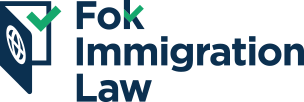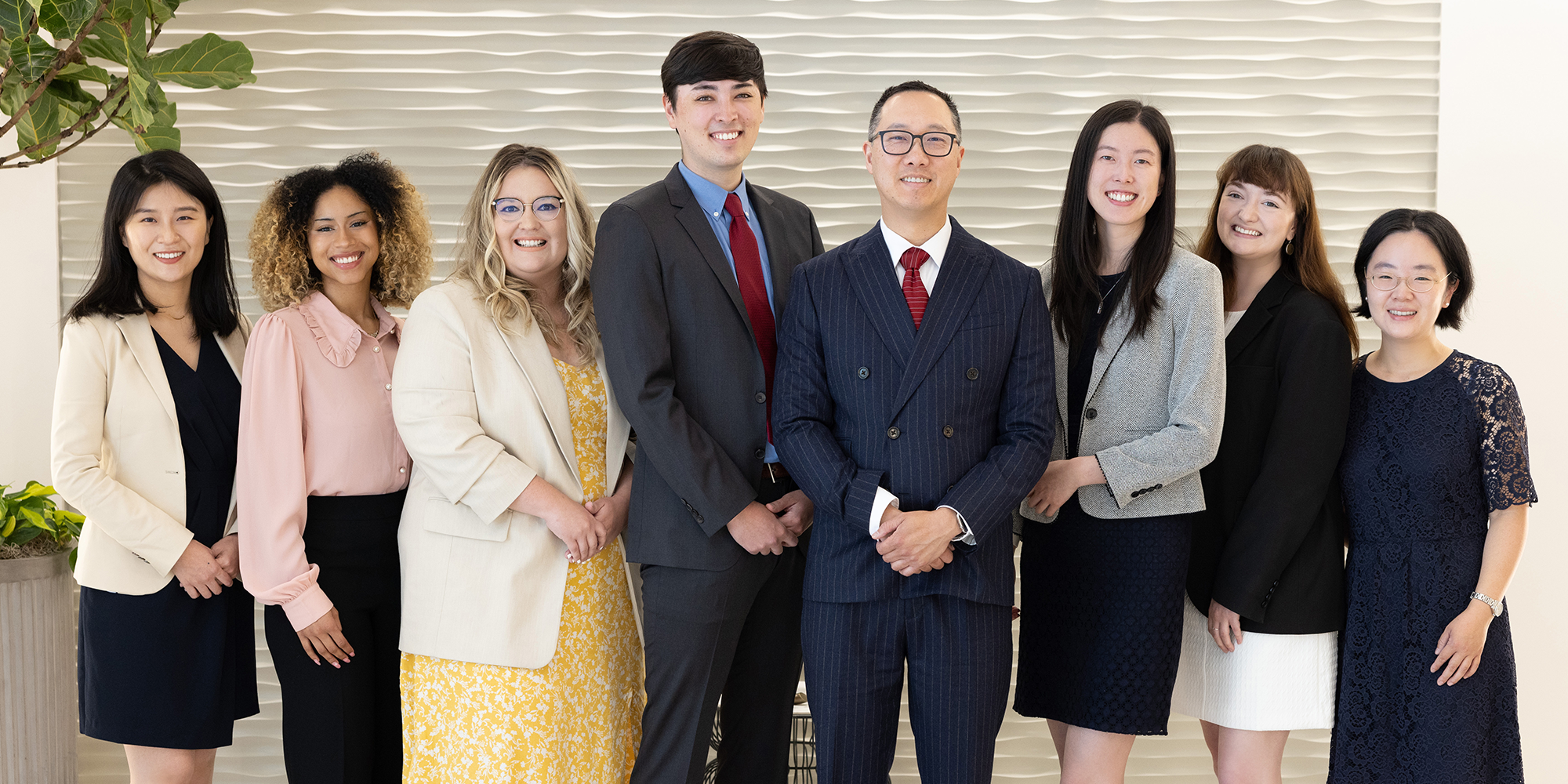L-1B Visas: For Employees with Specialized Knowledge
An L-1B is a nonimmigrant status and visa typically with an initial validity of three years. With a two-year extension, L-1B visa holders can work in the U.S. for a maximum stay of 5 years. The L-1B nonimmigrant classification enables a U.S. employer to transfer a specialized knowledge employee from one of its affiliated foreign offices to one of its offices in the United States.
Common L-1B Questions And Answers
Who is eligible for an L-1B visa?
L-1B visas are available to employees of an international company with offices in both the United States and abroad. For instance, this type of visa will allow the employee to relocate to the company’s U.S. office as long as the employee possesses “specialized knowledge” and the employee has been working with the overseas organization for one continuous year within the last three years.
What does Specialized Knowledge mean?
Specialized knowledge is defined as special knowledge possessed by an individual of the organization’s product, service, research, equipment, techniques, management or other interests and its application in international markets or an advanced level of knowledge or expertise in the organization’s policies and procedures.
Are there any special requirements for the company or can any company qualify?
A company will qualify to sponsor L-1 visas if the U.S. branch and foreign branch can be classified in at least one of four manners: parent and subsidiary; branch and headquarters; sister companies owned by a mutual parent; or ‘affiliates’ owned by the same or people in approximately the same percentages. The company must also already have employees in both the United States and one other country.
Can any level of employee qualify for an L-1B visa?
Yes, there is no requirement that the employee is a manager or executive in the company abroad. The employee qualifies for an L-1B so long as they possess specialized knowledge.
Can this type of visa be used if the foreign corporation is trying to establish a new office in the United States?
This type of visa is allowable for a new office in the United States but the threshold of criteria for the company increases. Firstly, the employer must demonstrate that it has a physical premise to house the new office. In addition, the sponsored employee must possess specialized knowledge and must have been with the foreign company for at least 1 of the 3 prior years. Lastly, the employer must demonstrate that it has the financial ability to compensate the employee and begin doing business in the United States.
Are there any other caveats regarding employees coming to the United States to establish a new office?
Qualified L-1B employees entering the United States to establish a new office will be allowed a maximum initial stay of one year. All other qualified employees will be allowed a maximum initial stay of three years. Granting a two year extension upon request for all L-1B employees is possible until the employee has reached a maximum of five years.
Can a spouse or children accompany an L-1 B worker to the United States?
Yes, legal spouses and unmarried children under the age of 21 may apply for and be granted L-2 visa during the same time period as the L-1B employee.
Can an L-2 spouse seek employment in the United States?
Yes, L spouses are considered employment authorized based on their valid L nonimmigrant status.
What is a “blanket petition” by a company and does that automatically qualify the company to transfer L-1B employees?
Certain larger companies with significant sales, employees (minimum 1,000), multiple branches, and with a history of having obtained at least 10 L-1 approvals during the previous year, can apply for a blanket petition. However, this does not guarantee that an employee will be granted L-1B classification. It does, however, provide the employer with the flexibility to transfer eligible employees to the United States quickly and with short notice without having to file an individual petition with USCIS.
Contact Fok Immigration Law for Trusted Counsel
If you are looking to work in the United States, contact the California immigration law attorneys at Fok Immigration Law. You can contact us online or call our San Jose office at 408-606-8911. We help foreign nationals secure temporary work and permanent work visas.


